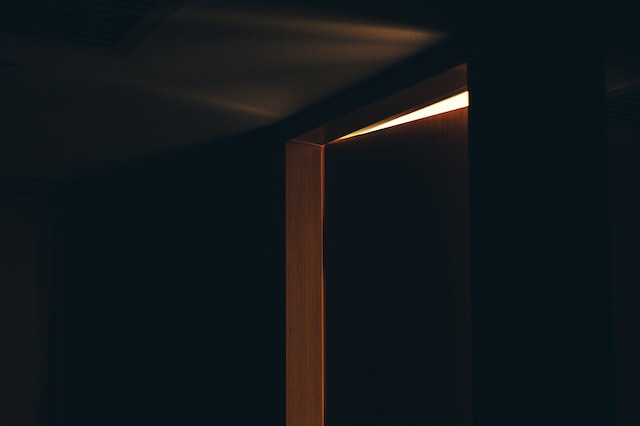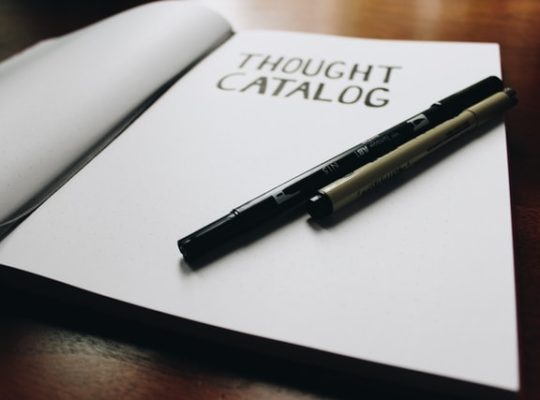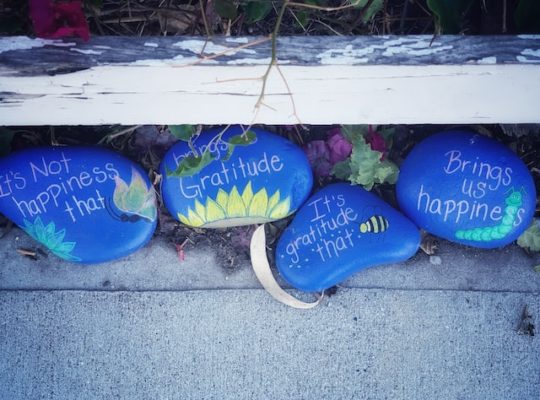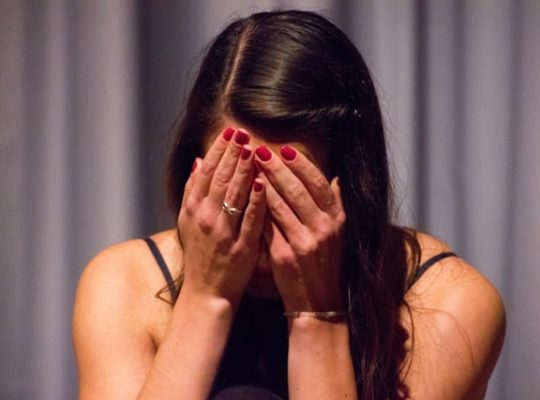We are in the darkest time of the year.
The sun sets earlier today than any other Friday this year.
It’s cold and gloomy (at least where I live) and I don’t want to leave my home.
So what exactly is darkness?
I learned some fascinating things about darkness from my Jewish tradition that I want to share that I believe can be useful regardless of your religious beliefs.
1. Darkness means to forget.
In the Hebrew language, words always express the essence of what they describe.
For instance, the Hebrew word for ‘dog” is kelev,
Kelev is a combination of 2 Hebrew words: k’ meaning “like” and lev meaning “heart”.
So kelev means ‘like a heart’.
Can you imagine a more perfect word for a dog?!?
Now, back to darkness.
The Hebrew word for darkness is ‘choshech’. The same letters also spell the Hebrew word ‘shachach’ which means to forget.
Darkness comes when we forget who we are.
Darkness comes when we forget who we are.
mindful doc mom
We forget what’s important.
We forget that we are a shining light at our core.
We forget that we are worthy.
We forget that we matter.
We are a soul.
We have a body.
2. Darkness is not a punishment. It’s a warning.
Remember the biblical story of Moses leading the enslaved Jews out of Egypt in the Exodus?
Or maybe you just recall the movie, The Ten Commandments, with Charleton Heston.
Either way, there were ten plagues that befell the Egyptians as Moses tried to convince Pharaoh to free the Jews.
There was an anomaly that existed with the ninth plague, the Plague of Darkness, compared with the others.
With the other plagues, Moses first warned the Egyptians and then the plague began. However, there was no warning with the Plague of Darkness.
The idea behind this is that all the other plagues were punishments.
There’s a well-established principle most people understand that punishments should not be given without a warning. Even with our kids, we typically warn them that if they do this or don’t do that, then they will receive a particular punishment.
So with the Plague of Darkness there was no warning because the plague WAS the warning.
The darkness was a warning of what was to come if Pharaoh didn’t open his eyes and “see the light” so to speak. The real punishment was the tenth and final plague that followed, the Death of the Firstborn.
So what if we saw darkness in our life as a warning or reminder, rather than a punishment.
We all experience challenges in this world.
We all suffer in one way or another.
We are often plagued with some form of darkness and wonder, “why me”?
Maybe the darkness is meant more as a reminder rather than a penalty.
Maybe we are meant to ask who we are supposed to be rather than why me?
These are not easy questions and I don’t pretend to know the answers.
But I like this perspective as it challenges me to see the darkness in my own life in a different light.
3. A little bit of light will illuminate a lot of darkness.
I heard a story recently about a father who asked his three children to fill up a large barn as much as they could and whoever filled it the most would get a prize.
While two of the children found different material to fill the barn, the third child waited until the very last second and came up with an ingenious plan.
He brought a little match into the dark barn and lit a flame. Just as the father had requested, the little light filled up the entire large space. The clever son had won the prize.
Darkness is the absence of light, so in any dark space, a little light will fill the darkness.
We can be that light for someone else or even for ourselves.
A gesture as small as a warm smile, a helping hand, a genuine interest or a hug can all fill the darkness.
So next time the darkness sets in, remember the following ideas: darkness is to forget, so remember who you are; darkness is not a punishment, but rather a reminder of what you can’t see right now; and the tiniest bit of light wards away the darkness.
Have a wonderful weekend full of light!





